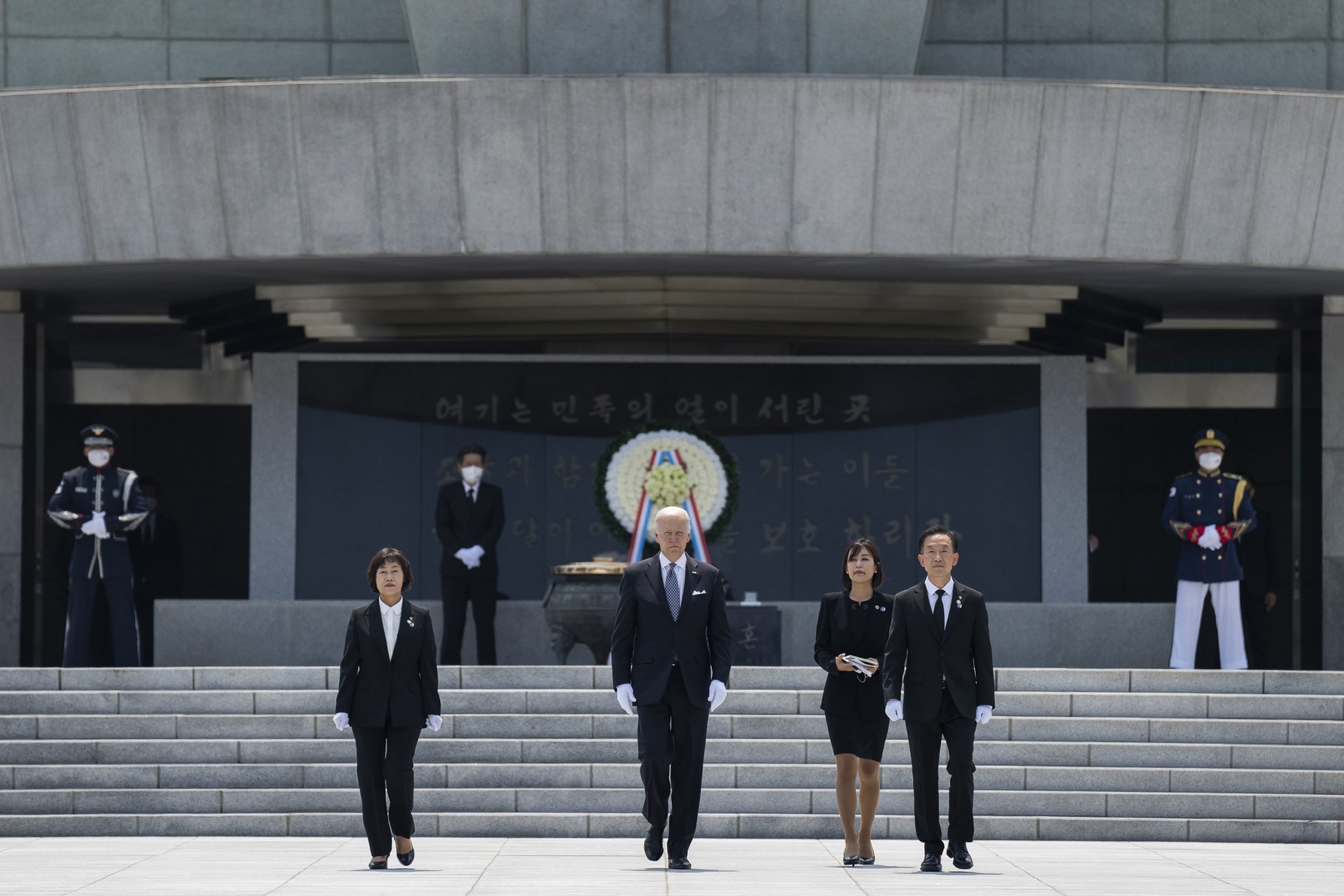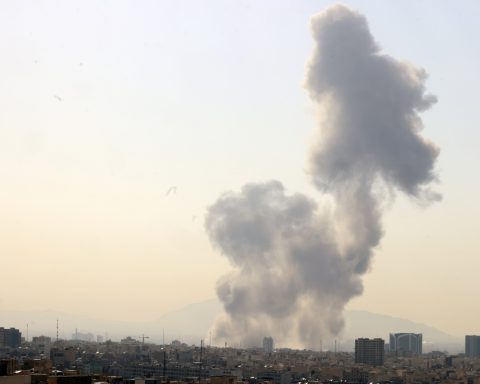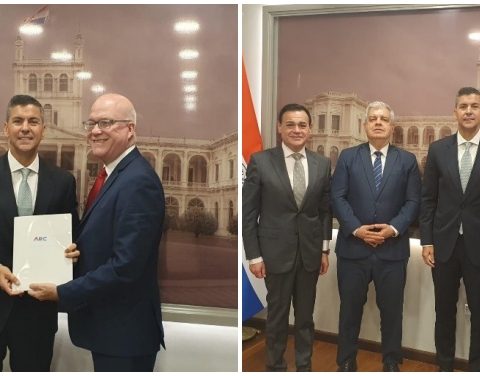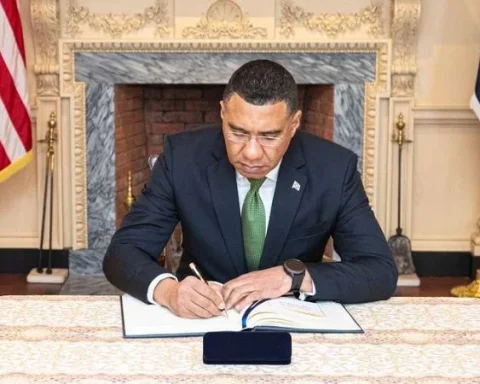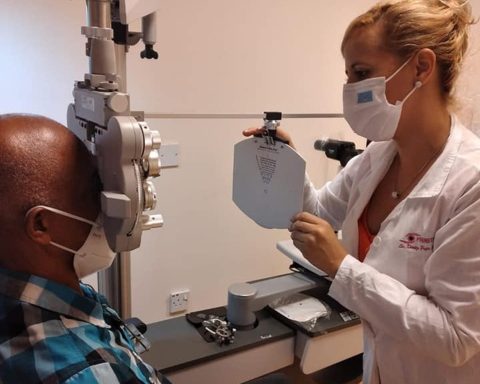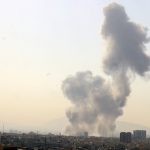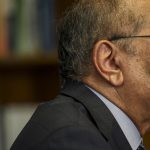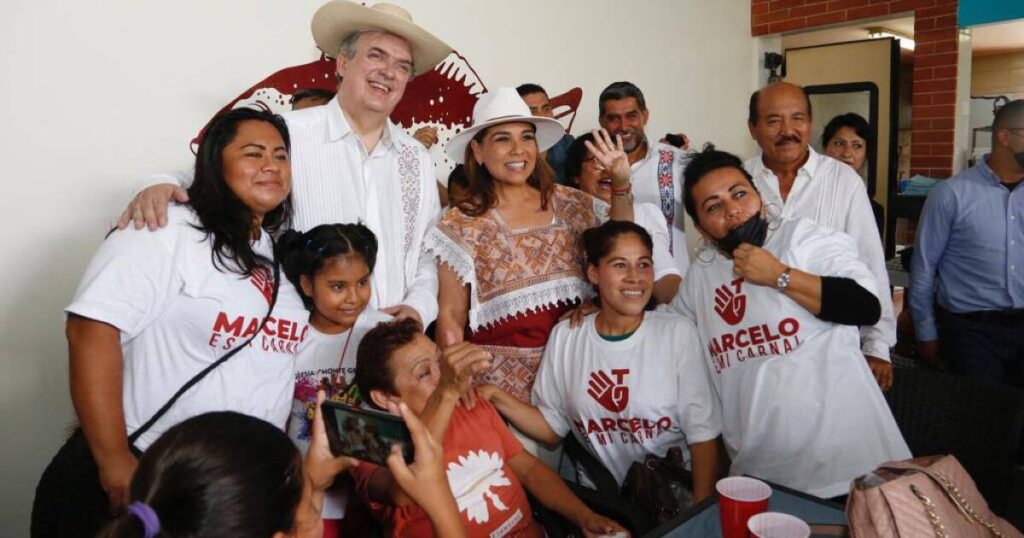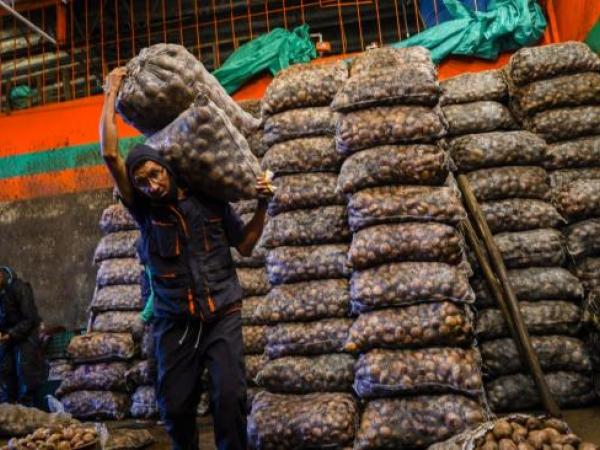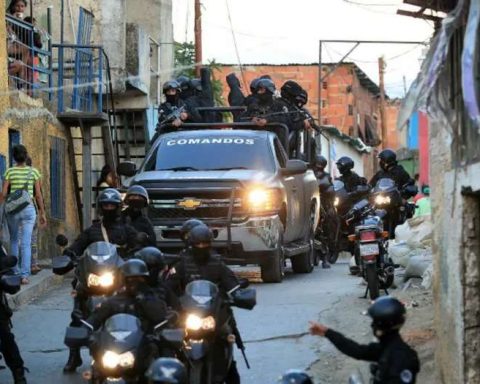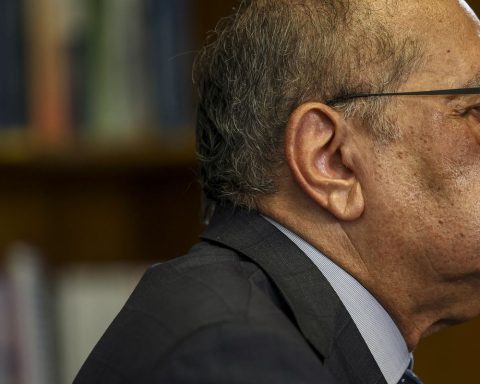The President of the United States, Joe Biden, concluded this Sunday his official visit to South Korea and came to Japana new stop on his Asian tour, focused on addressing Pyongyang’s weapons challenges and expanding cooperation in the face of China’s economic and military rise.
According to a report from the Spanish agency EphBiden will meet on Monday in Tokyo with Japanese Prime Minister Fumio Kishida. For that day he plans to announce the creation of the Indo-Pacific Economic Framework (IPEF), a new initiative to which Tokyo will join and whose objective is to strengthen commercial ties between the US and its main partners in Asia.
The US president will also participate in a summit of leaders of the Quad group, where in addition to Japan and the US, Australia and India are integrated, with which he aspires to claim the common defense of “a free Indo-Pacific” and “open to trade,” he stresses. the fountain.
Both multilateral schemes, highlights Ephhave been conceived by Washington with the idea of counteracting the growing influence of Beijing in Asia-Pacific, and have the backing of Tokyo as a key partner in the region, although they are waiting to materialize in more concrete measures.
This source underlines that Biden dedicated his three-day official visit to South Korea to deepen economic cooperation in strategic sectors such as semiconductors or electric vehicles, and to establish a relationship of trust with the new South Korean president, Yoon Suk-yeol, who just eleven days ago he took office.
Biden made a commitment during the bilateral summit to strengthen the deterrent capacity on the Korean Peninsula, including “a commitment to deploy strategic US military assets in a timely and coordinated manner as needed,” according to the joint statement.
Despite the fact that he stated that Washington and Seoul are “prepared” to respond to any provocation from Pyongyang, and specifically to a nuclear or missile test like the ones that the regime seems to be preparing imminently, Biden also left the door open to resume dialogue with North Korean leader Kim Jong-un, according to the office of Eph.
The White House president also reiterated his offer to North Korea of health care, including vaccines, since the country has 2.64 million possible COVID-19 infections since it confirmed its first case on the 12th. Pyongyang has not responded for now.
Biden concluded his stay in South Korea with a visit to the Osan air base, some 70 kilometers south of Seoul, where he spoke with US and South Korean military personnel, whom he thanked for “their central role” in defending the peninsula.
The US president arrived this Sunday at the Yokota air base (west of Tokyo) along with the rest of the US delegation, and after being received by the Japanese Foreign Minister, Yoshimasa Hayashi, and other senior diplomatic and military officials. Americans and Japanese, went to the Japanese capital.
At the summit scheduled for Monday, both leaders are expected to stage their unity in the face of the increase in Beijing’s military activities in the region, and which is of particular concern to allies in the Taiwan Strait area and around the islands. Senkaku, administered by Tokyo but claimed by the Asian giant.
Along the same lines, warns this source, during Tuesday’s Quad meeting the leaders of the four countries aspire to “send a clear message of deterrence” against “military aggression or unilateral changes to the status quo” in the Indo-Pacific, according to Biden’s national security adviser Jake Sullivan said today.
The increase in tensions in the Taiwan Strait could also be “one of the security issues” to be addressed in the four-party discussions, it refers Ephbut warns that in principle it is not part of the summit’s agenda, Sullivan said in statements to the press aboard the presidential plane en route to Tokyo.
I met with President Yoon of the Republic of Korea to further strengthen our economic cooperation and security partnership. We will continue to work together to confront the biggest global challenges that we face. pic.twitter.com/mK8ADUicE2
— President Biden (@POTUS) May 21, 2022
Biden will also present in Tokyo the Indo-Pacific Economic Framework, a new regional cooperation project aimed at promoting trade and investment between the US and countries in the region, as well as to strengthen the resilience of supply chains and reduce the China dependency.
The project starts with the support of Tokyo and Seoul, and according to Sullivan, there is “strong interest” from other countries in the area. Although other diplomatic sources speak of potential candidates to join such as Australia, New Zealand and Southeast Asian countries, the content of the plan and its members are yet to be finalized.
The framework would not initially include tariff advantages or other specific incentives to access the US market, which according to experts would reduce its attractiveness for emerging Asian economies. Eph signed by Antonio Hermosín Gandul.
With information from Efe.
